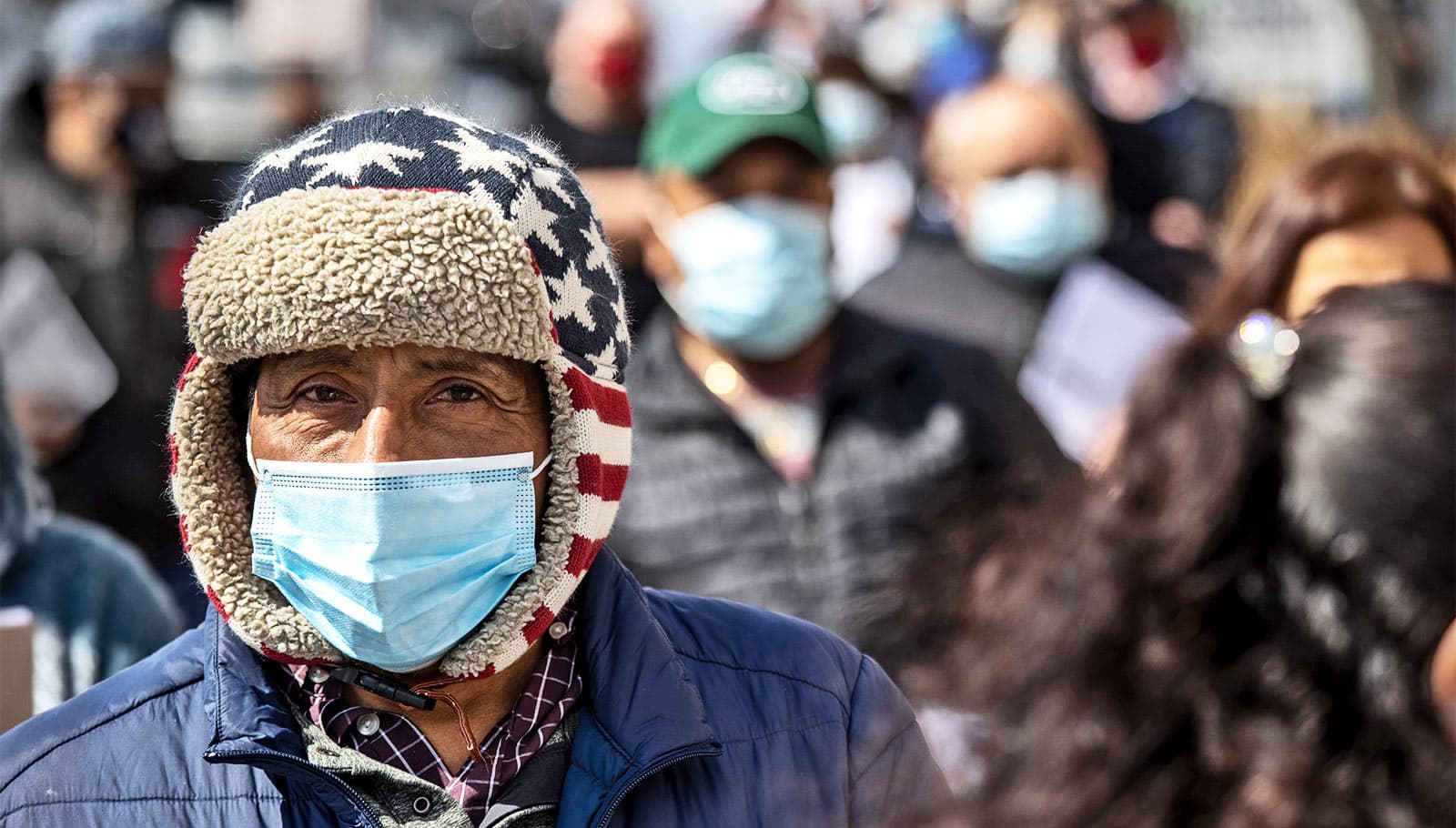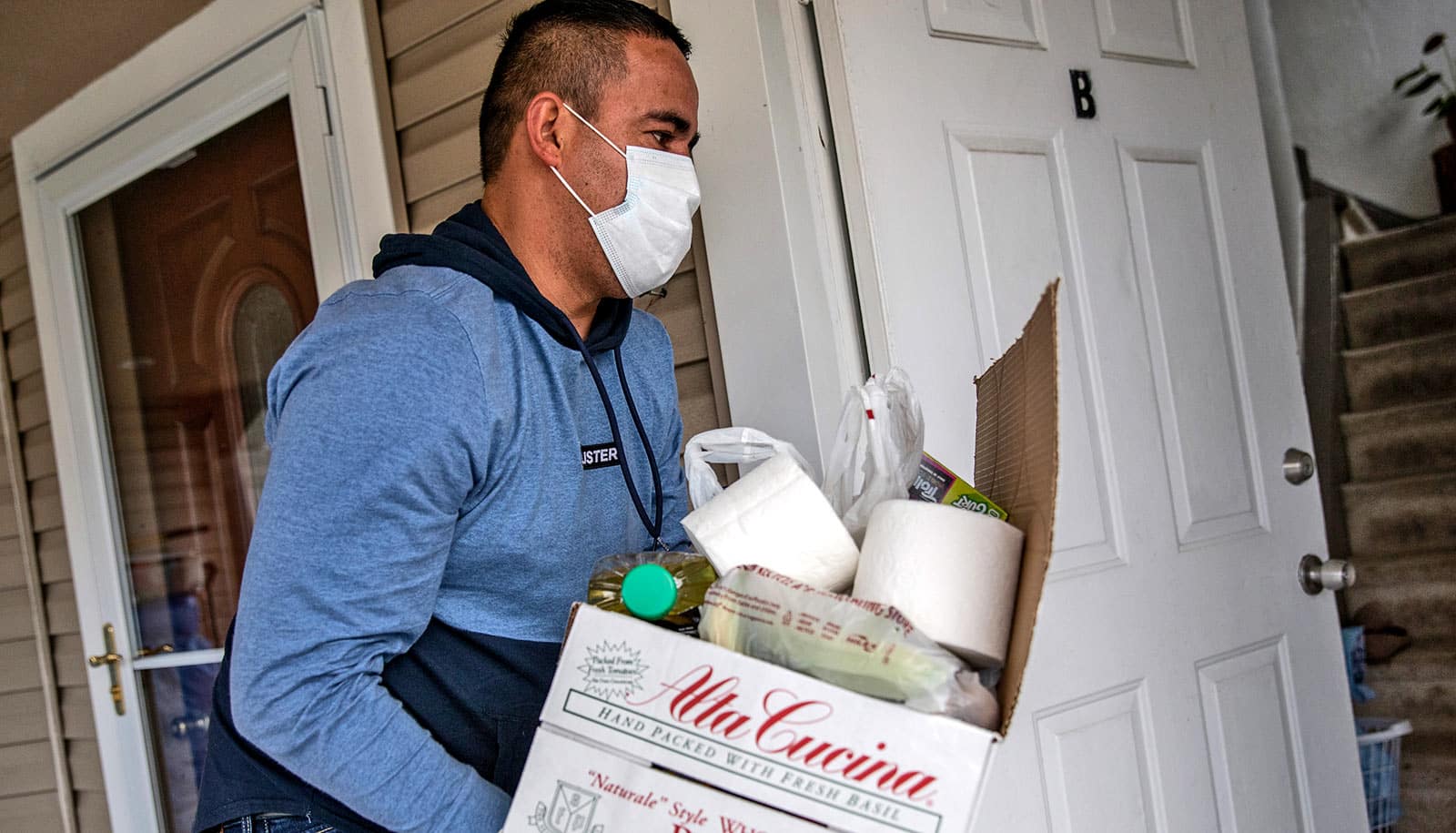Four years after the US shut down in the face of the COVID-19 pandemic, new research suggests undocumented immigrants’ mental health challenges were compounded due to stresses stemming from their unauthorized status.
The study, published in the Journal of Clinical Child & Adolescent Psychology, examines how undocumented immigrants navigated the COVID-19 pandemic.
“We were disappointed to see the toll the pandemic took on these families, but it was not entirely surprising.”
During a series of in-depth interviews with undocumented individuals or those from mixed-status Latino families living along the US-Mexico border in South Texas, the researchers found four prevalent stressors faced by these individuals and their families, all of which had major negative implications for mental health.
The stressors reported included:
- Anti-immigrant rhetoric and actions
- Family stressors and disruptions in family relationships
- Economic changes and financial losses
- Limited access to health care
“Anti-immigrant rhetoric and actions have been prevalent in the US for many years, and throughout the COVID-19 pandemic, the sociopolitical climate in the US further fueled anti-immigrant discourse and policies that increased distrust and fear among families with undocumented status,” says study lead author Luz Garcini, assistant professor of psychological sciences at Rice University, interim director of community and public health at the Kinder Institute for Urban Research, and faculty scholar at the Rice Baker Institute for Public Policy.
“We were disappointed to see the toll the pandemic took on these families, but it was not entirely surprising.”
While these particular issues were a source of stress for many throughout the pandemic, they were especially troubling for families with undocumented status, who live in fear of being deported due to their circumstances, Garcini says.
So what can be done? Garcini and her fellow authors write that identifying innovative ways to address the complex mental health and social needs of families with undocumented status is essential to reduce risk and prevent further harm in this vulnerable yet resilient population.
“It is essential that mental health, medical, and other allied health professionals become aware of the systemic oppression faced by Latino immigrant families, provide culturally competent services, and support policies that would increase equitable access to health services,” the authors conclude.
Additional coauthors are from Rice, Utah State University, the University of Texas at San Antonio, and the University of Texas Health Science Center at San Antonio.
The National Institutes of Health’s National Heart, Lung, and Blood Institute funded the work.
Source: Rice University



